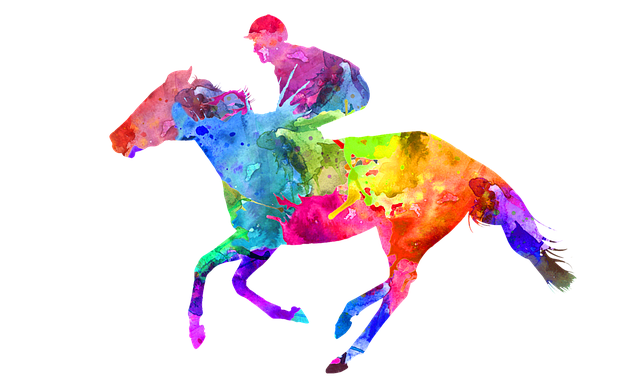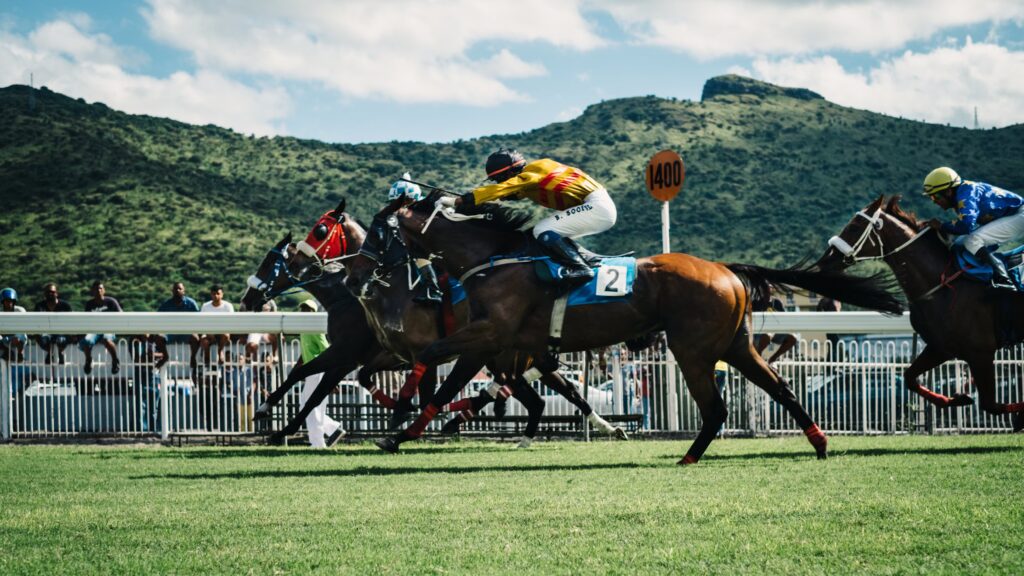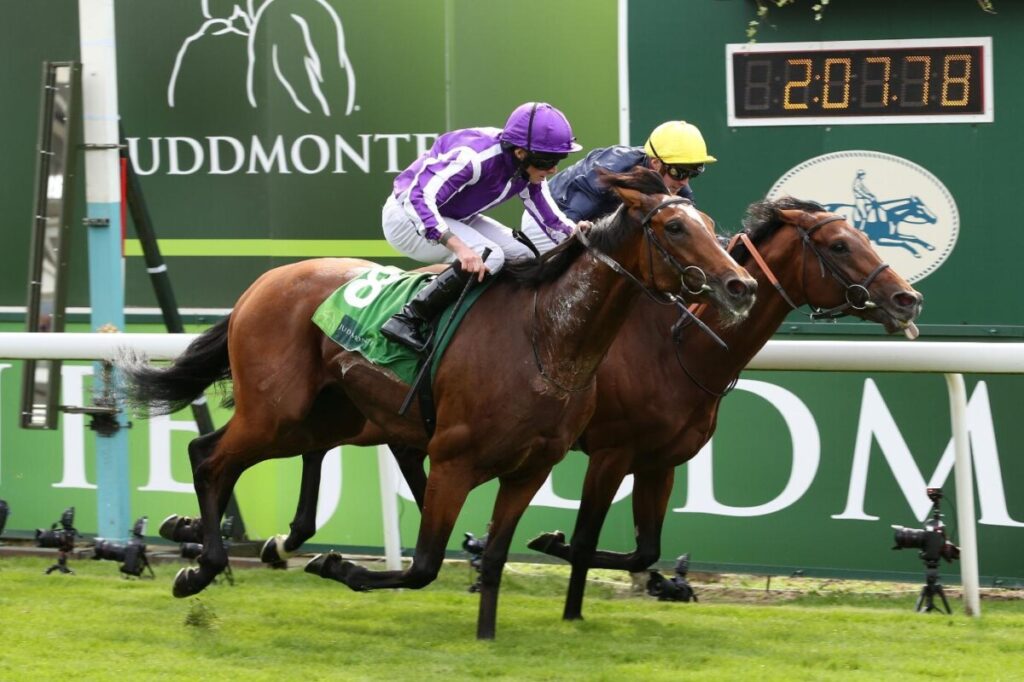 For the uninitiated, the Relkeel Hurdle is, nowadays, a Grade 2 contest, run over 2 miles, 4 furlongs and 56 yards on the New Course at Cheltenham on New Year’s Day. The race was inaugurated, as the Mercury Communications Hurdle, in 1988, although at that stage it was contested during the International Meeting (now the Christmas Meeting) at Cheltenham in early December. The following year, the race was won by Morley Street, who went on to finish fifth behind Kribensis in the Champion Hurdle less than three months later and justified favouritism in the two-mile hurdling championship in 1991.
For the uninitiated, the Relkeel Hurdle is, nowadays, a Grade 2 contest, run over 2 miles, 4 furlongs and 56 yards on the New Course at Cheltenham on New Year’s Day. The race was inaugurated, as the Mercury Communications Hurdle, in 1988, although at that stage it was contested during the International Meeting (now the Christmas Meeting) at Cheltenham in early December. The following year, the race was won by Morley Street, who went on to finish fifth behind Kribensis in the Champion Hurdle less than three months later and justified favouritism in the two-mile hurdling championship in 1991.
In 1992, Lonesome Glory, trained by Bruce Miller and ridden by his daughter, Blythe, sprang a 20/1 surprise when running down the odds-on favourite, Al Mutahm, close home to become the first American-trained horse to win a National Hunt race in Britain. Thus, the following year, the race was renamed in honour of that history-making winner, but was renamed, again, to its current title in 2000. The Relkeel Hurdle was promoted to Grade 2 status in 2006.
The titular Relkeel was a three-time winner of what is now the International Hurdle, back in the day when it was still known as the Bula Hurdle, in honour of the dual Champion Hurdle winner, trained by Fred Winter. Prior to 1977, the race was known as the Cheltenham Trial Hurdle and was won by Bula en route to his second victory in the Champion Hurdle. Relkeel recorded back-to-back victories in the Bula Hurdle in 1997 and 1998, when trained by the late David Nicholson and ridden by Richard Johnson, on the first occasion, and Adrian Maguire, on the second.
Nicholson retired from the training ranks in November 1999 and, following his transfer to Alan King, almost a year to the day, returned to Cheltenham, as a 10-year-old, for an emotional, albeit narrow, third victory in the race. Conceding 4lb and upwards all ’round, Relkeel was sent off 13/2 fourth choice of the seven runners, ahead of 6/4 favourite Katarino, but, with the market leader managing only a remote fifth, beaten 17 lengths, the Relkino gelding was left to fight out the finish with 100/30 second favourite, and Doncaster Cup winner, Far Cry, trained by Martin Pipe. Ridden by A.P. McCoy, Far Cry took a narrow lead approaching the final flight, but was headed soon afterwards and, after a ding-dong battle on the run-in, it was Relkeel that prevailed, by a neck, with 11 lengths back to the third horse home, Shooting Light.
All told, Relkeel won 12 of his 21 starts under National Hunt Rules, including the Champion Hurdle Trial at Haydock Park, in which he beat the reigning Champion Hurdler, Flakey Dove, by 8 lengths, conceding 5lb. Nine of those victories came under Adrian Maguire and Relkeel amassed a total of £142,309. His record was all the more remarkable for the fact that, in an injury-plagued career he was, at various points, absent for 238, 748, 309 and 364 days.
Relkeel finished his racing career on a low-key note, when only fifth of six, beaten 17 lengths, in the Rendelsham Hurdle at Kempton Park in February 2000. Thereafter, he spent his retirement with Mark White, former head groom to Nicholson, who had been his one and only rider at the yard. White later described his third victory in the Bula Hurdle as ‘sheer ecstasy’. Relkeel was put down in April 2006, as a 17-year-old, due to the effects of arthritis, at which point Nicholson heaped praise on his former charge. He said, ‘Ability-wise he was better than any other horse I ever trained. On his day he was brilliant, and had he not suffered the problems that affected his career he would have won the Champion Hurdle, there’s no doubt about that.’
 Traditionally run on the first Sunday in October, the Prix de l’Arc de Triomphe has been contested over 2,400 metres, or approximately a mile and a half, at Longchamp Racecourse in Paris, France since 1920. Nowadays, the ‘Arc’ boasts total prize money of €5,000,000, making it the most valuable race run in Europe.
Traditionally run on the first Sunday in October, the Prix de l’Arc de Triomphe has been contested over 2,400 metres, or approximately a mile and a half, at Longchamp Racecourse in Paris, France since 1920. Nowadays, the ‘Arc’ boasts total prize money of €5,000,000, making it the most valuable race run in Europe. With several top British-trained horses currently holding early entries for this year’s Irish Champion Stakes at Leopardstown—including Ed Walker’s Almaqam, the Owen Burrows-trained Anmaat, and Ombudsman for John and Thady Gosden—the 2025 edition promises to be another thrilling Anglo-Irish clash.
With several top British-trained horses currently holding early entries for this year’s Irish Champion Stakes at Leopardstown—including Ed Walker’s Almaqam, the Owen Burrows-trained Anmaat, and Ombudsman for John and Thady Gosden—the 2025 edition promises to be another thrilling Anglo-Irish clash. For the uninitiated, the Relkeel Hurdle is, nowadays, a Grade 2 contest, run over 2 miles, 4 furlongs and 56 yards on the New Course at Cheltenham on New Year’s Day. The race was inaugurated, as the Mercury Communications Hurdle, in 1988, although at that stage it was contested during the International Meeting (now the Christmas Meeting) at Cheltenham in early December. The following year, the race was won by Morley Street, who went on to finish fifth behind Kribensis in the Champion Hurdle less than three months later and justified favouritism in the two-mile hurdling championship in 1991.
For the uninitiated, the Relkeel Hurdle is, nowadays, a Grade 2 contest, run over 2 miles, 4 furlongs and 56 yards on the New Course at Cheltenham on New Year’s Day. The race was inaugurated, as the Mercury Communications Hurdle, in 1988, although at that stage it was contested during the International Meeting (now the Christmas Meeting) at Cheltenham in early December. The following year, the race was won by Morley Street, who went on to finish fifth behind Kribensis in the Champion Hurdle less than three months later and justified favouritism in the two-mile hurdling championship in 1991.